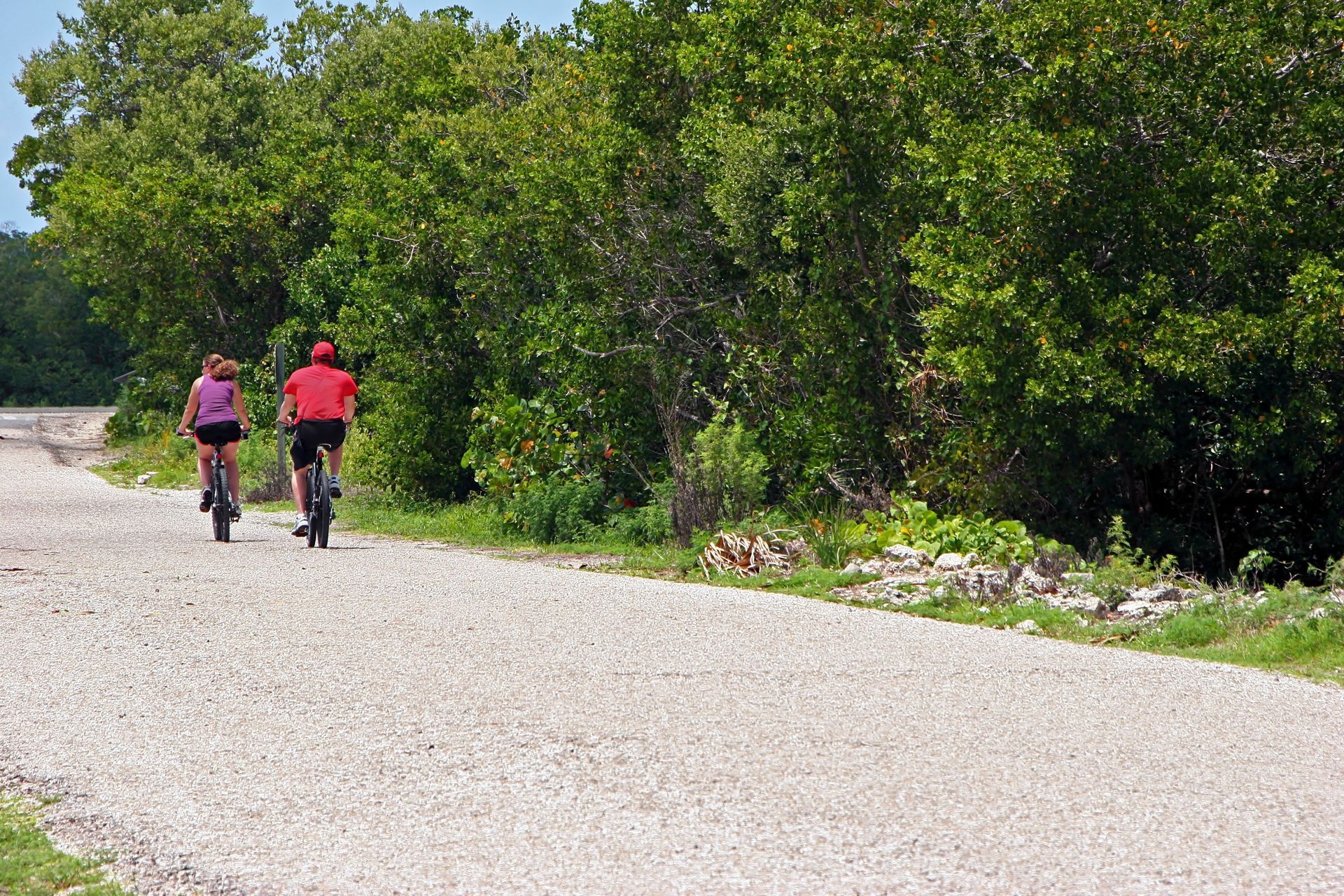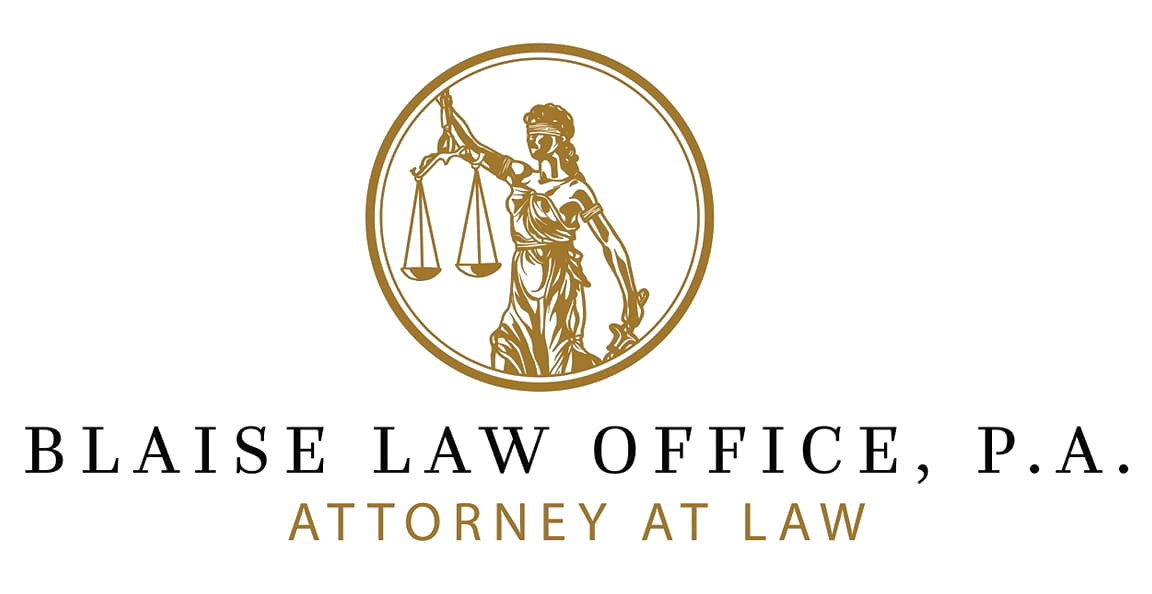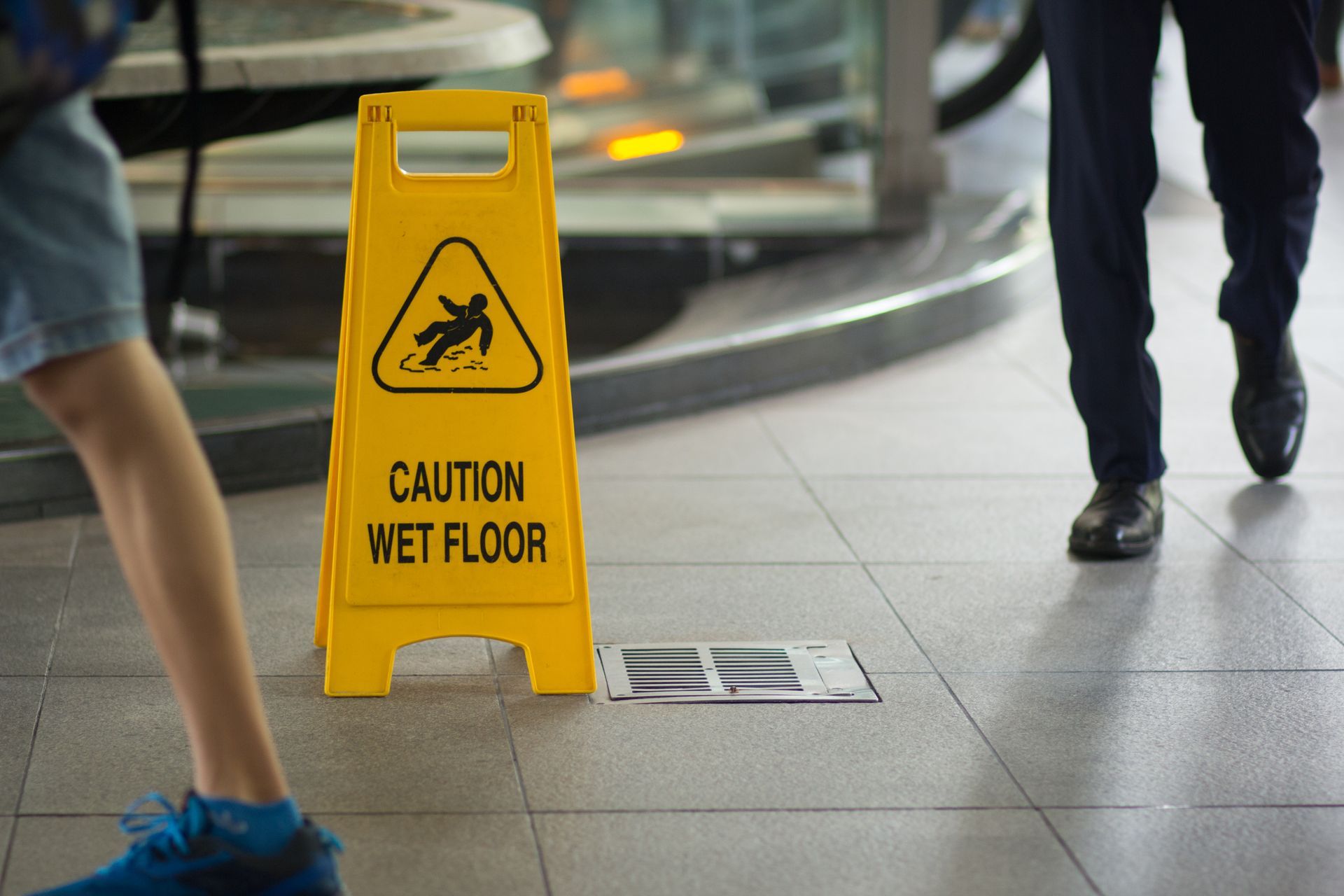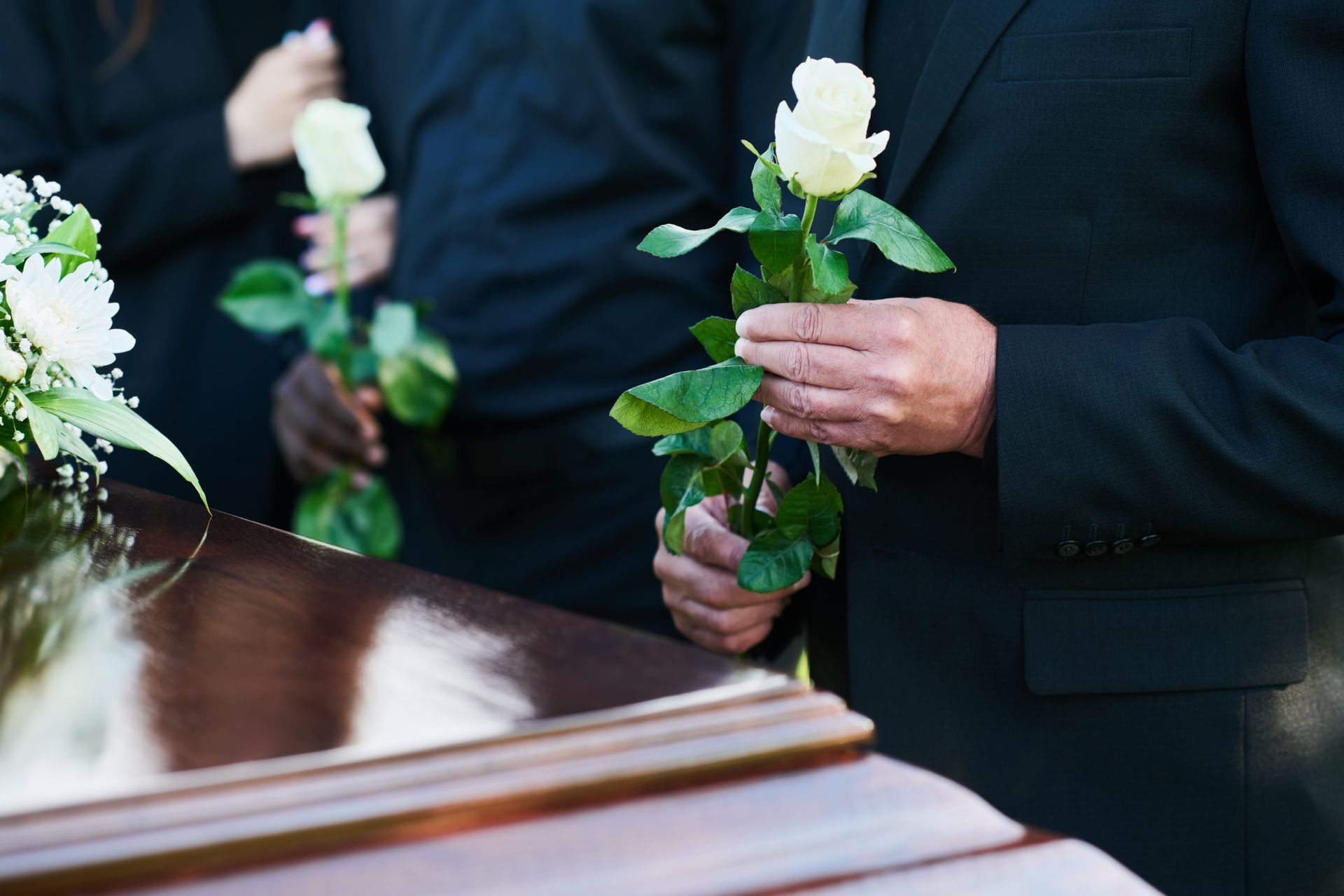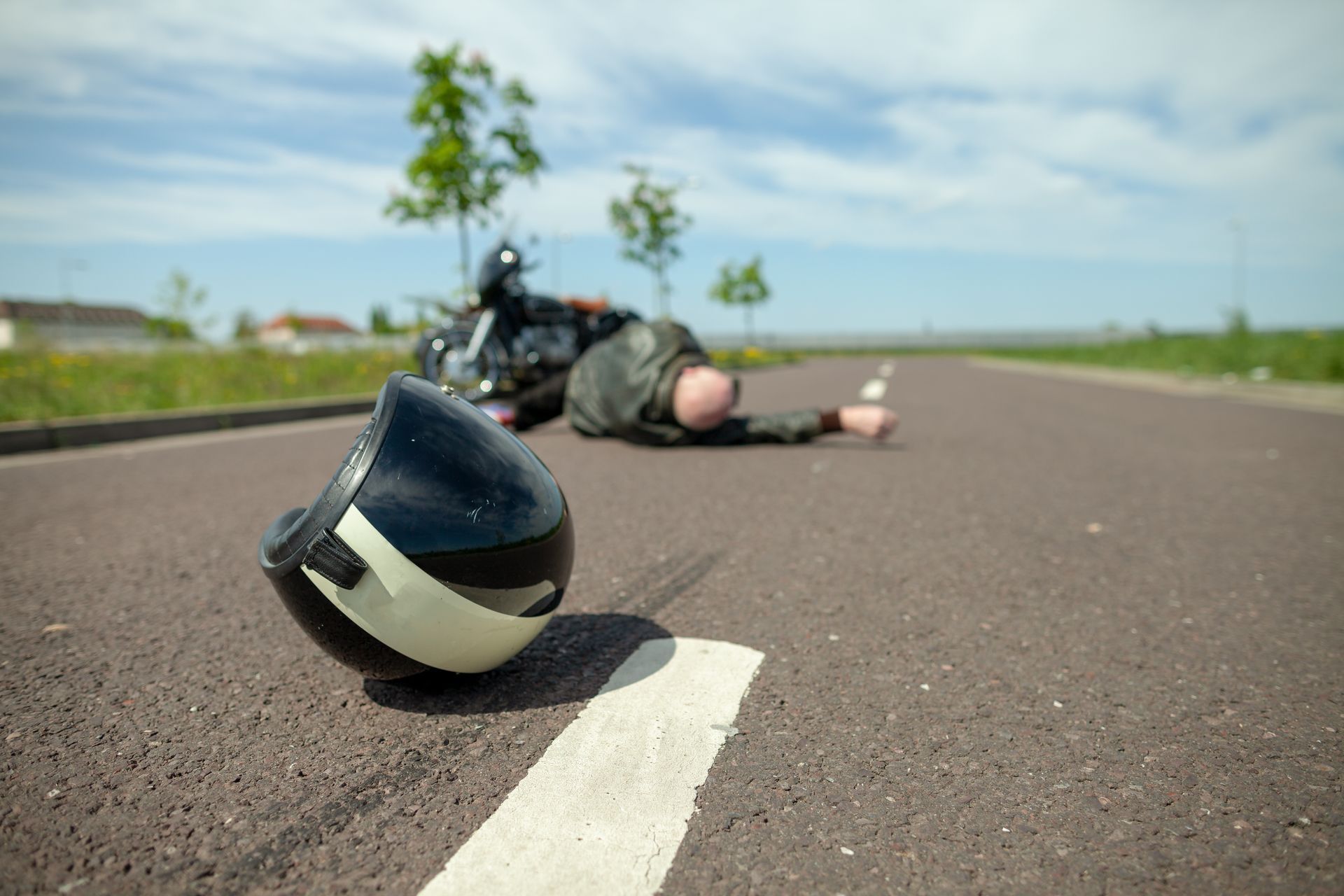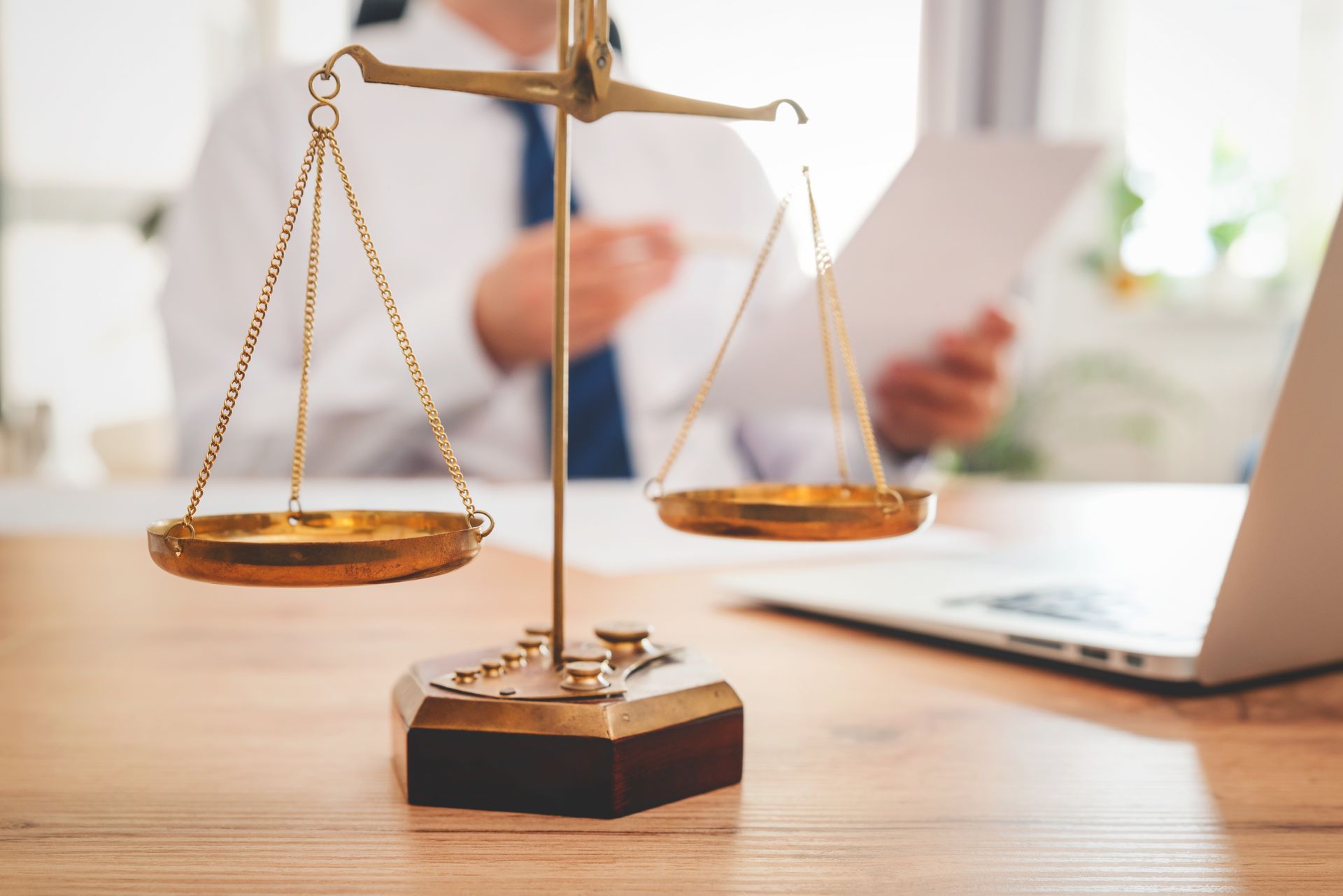How to Prove a Brain Injury in a Personal Injury Lawsuit
How to Prove a Brain Injury in a Personal Injury Lawsuit
Traumatic brain injuries (TBIs) are often called “invisible injuries” for a reason. Unlike a broken bone or open wound, many brain injuries aren’t immediately obvious — even to medical professionals. Victims may look fine on the outside while silently suffering from memory loss, mood changes, headaches, or long-term cognitive impairment.
If your injury was caused by someone else’s negligence — in a car crash, fall, or other accident — you have the legal right to seek compensation. But because brain injuries can be complex and difficult to detect, proving their impact in court requires more than a diagnosis. It takes preparation, credible evidence, and an experienced legal team on your side.
At Blaise Law Office, P.A., we help individuals in Pompano Beach and across Florida pursue the justice and compensation they deserve after brain trauma. Here's what goes into proving a brain injury in a personal injury lawsuit.
1. Medical Records and Expert Diagnosis
The most important foundation of any TBI claim is medical documentation. This may include:
- Emergency room records
- Neurologist evaluations
- MRI, CT scans, or other imaging results
- Neuropsychological testing
- Long-term treatment records or therapy notes
In more severe cases, your medical team may include specialists in speech therapy, occupational therapy, or behavioral health. These records help establish the nature and severity of the injury, as well as your ongoing care needs.
2. Personal Documentation and Symptom Tracking
A TBI can affect how you think, feel, and function day-to-day — even if medical scans appear normal. That’s why documenting your lived experience is so important.
We encourage clients to keep a journal that tracks:
- Memory problems
- Emotional shifts or personality changes
- Sleep disturbances
- Headaches or nausea
- Difficulty with focus, balance, or speech
This kind of personal record helps demonstrate the full scope of your suffering — especially when insurance companies try to minimize your injury.
3. Witness Statements and Testimony
Friends, family, coworkers, and caregivers can provide powerful evidence of how your behavior, memory, or mood has changed since the accident. Their testimony helps show that your injury is real — and that it’s impacting your relationships and daily life.
In court, we may also use expert witnesses, such as:
- Neurologists or neuropsychologists
- Life care planners
- Vocational experts to show how your injury affects your ability to work
4. Strong Legal Strategy and Evidence Collection
At Blaise Law Office, we leave no detail unchecked. We’ll:
- Investigate the cause of your injury
- Obtain accident reports, surveillance video, or building safety records
- Secure medical records and expert testimony
- Prepare for trial, even if your case settles
Our attorneys know how to build cases that connect complex medical evidence to real legal outcomes — and we never back down from insurance companies who try to deny or downplay serious brain injuries.
Get the Support You Need — and the Compensation You Deserve
Proving a brain injury is never simple — but with the right legal and medical support, you can protect your future. You may be entitled to compensation for:
- Medical treatment and long-term care
- Lost income and reduced earning ability
- Pain and suffering
- Emotional distress
- Loss of enjoyment of life
Schedule a Free Consultation with a Brain Injury Attorney in Pompano Beach
If you or a loved one has suffered a brain injury in Florida, don't wait to seek help. Our team at Blaise Law Office, P.A. will listen to your story, gather the right evidence, and fight for every dollar you deserve.
